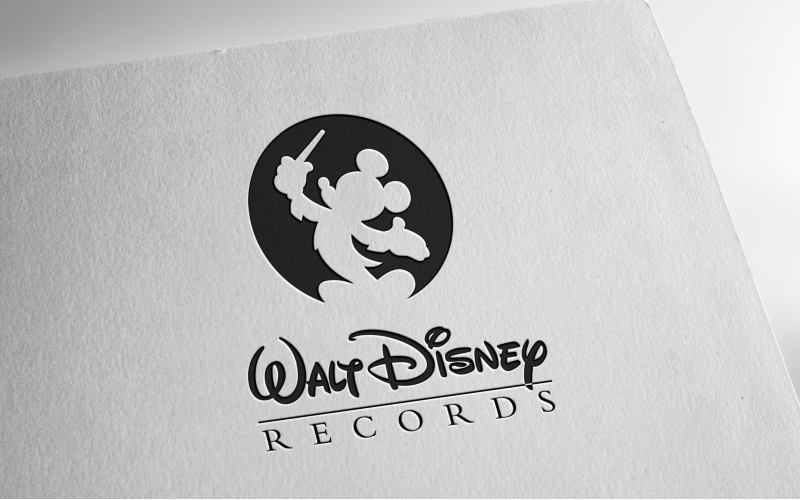
Copyright is a type of property which protects a number of different ‘works’ including original literary, dramatic, musical and artistic works. In the UK, there is no requirement, or indeed any ability, to register copyright anywhere; it is something which automatically occurs upon the creation of an original literary work. In the UK, once created, copyright in a written, dramatic, musical or artistic works lasts for 70 years from the end of the calendar year in which the author died (note: the duration of copyright in the UK has slightly different rules for sound recordings, broadcasts and films).
The duration of copyright is different in the USA, where protection is provided for 95 years from publication of the work. On this basis, the first Mickey Mouse, as shown in Steamboat Willie and Plane Crazy, is no longer covered by copyright legislation and was released into the public domain in the USA on 1 January 2024. This means that the original Mickey Mouse can now be used and shared freely in the USA without any permissions or payments required. However, it is worth keeping in mind that this is only in relation to the specific Mickey Mouse which was shown in Steamboat Willie and Plane Crazy. Any subsequent iterations will still be covered by copyright and cannot be used without permissions/payment. Film makers have been quick to jump on the bandwagon and original Mickey Mouse has already been used in a horror film which is set for release this year.
What else has come into the public domain?
The duration of copyright under different legal systems will determine when works are considered to be in the public domain in a specific country. An example of some other works which are no longer covered by copyright protection and therefore have been released into the public domain in various countries are as follows:
- The House at Pooh Corner, A.A. Milne (1928) – this book introduces the famous character Tigger. This means that Tigger, as depicted in this book, is no longer covered by copyright in the USA and no permissions or payments are required in order to use it.
- Alice in Wonderland (film) (1903) – British film director, Cecil Hepworth, directed the first film adaptation of Alice in Wonderland and died in 1953. As such, the first adaptation of the film is now in the public domain (but not any later versions) and may be used freely.
- Millions of Cats, Wanda Gág (1928) - this book is already in the public domain in the UK and other countries with a ‘life plus 70 years’ or ‘life plus 50 years’ duration of copyright, however, has now come into the public domain in the USA.
- Orlando: A Biography, Virginia Woolf (1928) - this book is already in the public domain in the UK and other countries with a ‘life plus 70 years’ or ‘life plus 50 years’ duration of copyright, however, has now come into the public domain in the USA.
Exceptions
One notable exception to the ability to freely use works which, ordinarily, would no longer be covered by copyright in the UK, is in relation to Peter Pan. The Copyright, Designs and Patents Act 1988, schedule 6 makes provision for Great Ormond Street Hospital Children’s Charity to receive a royalty ‘in respect of any public performance, commercial publication or communication to the public’. As such, even though J M Barrie died in 1937 and therefore the works should have come into the public domain on 1 January 2008, the amendment made to the legislation means that royalties are required in perpetuity for the use of Peter Pan.
The publication of the original play of Peter Pan was delayed in the USA until 1928. As such, this has now entered the public domain in the USA and therefore can be freely used.
Differences in protection across different countries
As has been referred to in this article, copyright protection varies from country to country and so users of copyright material should be careful to ensure that the works which they wish to use are truly in the public domain in the UK. If a work is not in the public domain in the UK, permission will still require to be sought prior to use of that work, which may include payment of a licence fee.
How Can Thorntons help You?
If you are looking at protecting your own intellectual property rights, or acquiring a license to/ownership over another’s, it is crucially important to obtain legal advice before, during, and after the transaction, especially in novel areas such as digital assets. With experts in the field, including a Chartered Trade Mark Attorney, we will guide you through the process, providing you with a bespoke service tailored to your business’s needs. Please do not hesitate to contact us on 03330 430350 to discuss your needs further.
